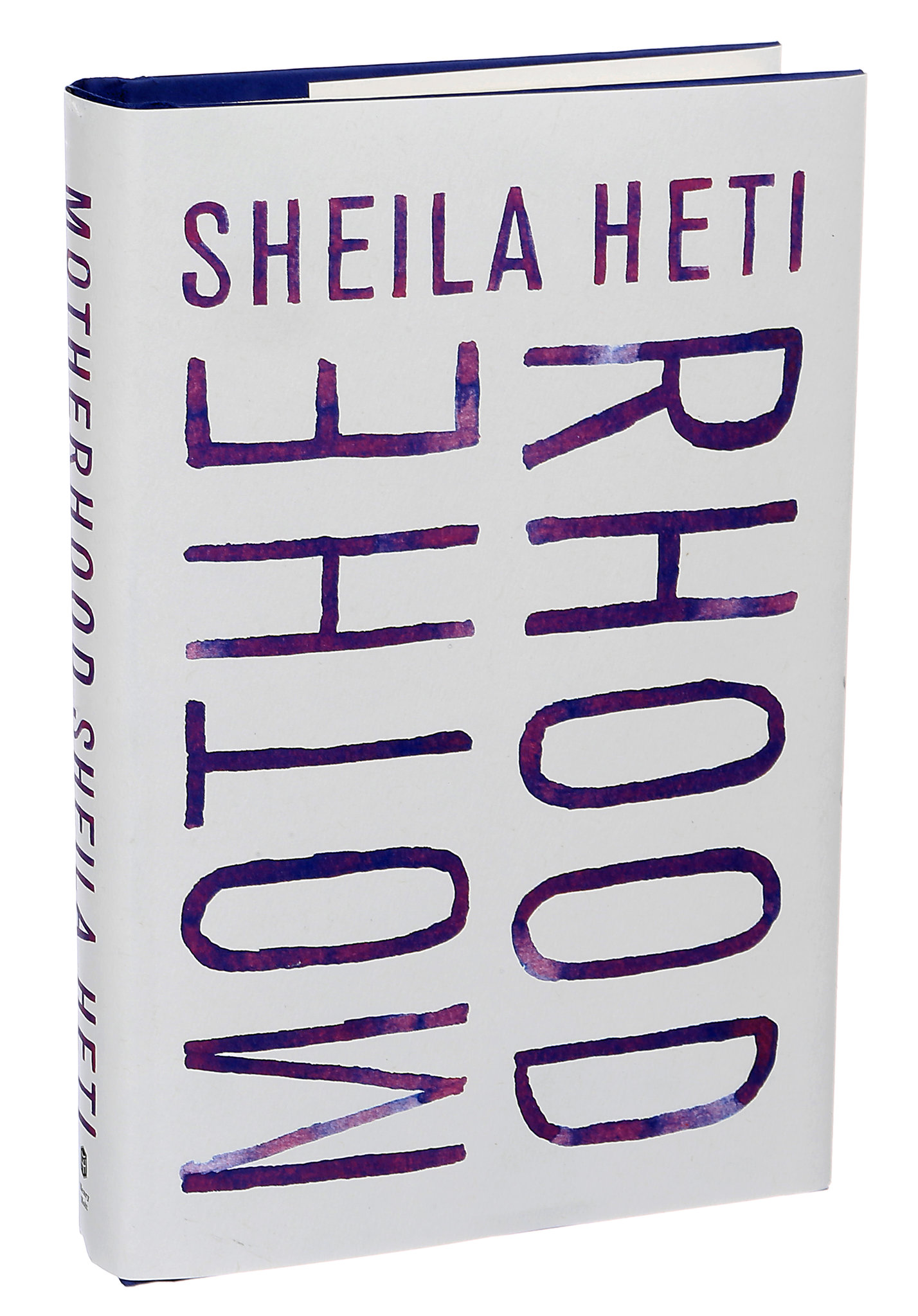While my LiveTrue book collection focuses on nonfiction, given my background as a writer and author on childfree and parenthood decision-related topics, the subject matter of this novel makes it an exception! Check out book review team member Brittany Brolley’s review of Motherhood: A Novel:
Motherhood: A Novel
Review by Brittany Brolley
Sheila Heti pulls no punches in her latest novel, Motherhood. While exploring a dilemma familiar to many women — to have, or not to have a child — Heti’s nameless narrator implores her own conscience to make a decision one way or the other. Through a series of yes-no questions and the flipping of coins, the 30-something writer attempts to figure out if she should have a child with her live-in partner, Miles. She bases this methodology on a loose form of I Ching, which is, as Heti explains, “a divination system that originated in China over three thousand years ago.” The concept makes for an engaging stream-of-consciousness narrative and a book that reads much more autobiographically than fictionally.
“Whether I want kids is a secret I keep from myself,” writes the narrator, “It is the greatest secret I keep from myself.” In addition to looking inward, the contemplative narrator also consults everyone from her mother to friends to even a fortune teller, all in an attempt to discover which path she should take. That’s not to say the narrator does not have strong inclinations about motherhood.
“There is a kind of sadness in not wanting the things that give so many other people their life’s meaning,” Heti writes at one point. In another, the narrator concludes she wouldn’t even have “invented child-rearing” if it were up to her. “It wouldn’t have occurred to me as something to do,” she explains.
The Main Character – Motherhood
Through her ever-questioning and philosophical main character, motherhood — both as an abstract idea and a concrete decision — gets thorough examination so rarely found in fiction. Despite the title being markedly feminine, fatherhood gets attention as well. “Miles has said that the decision is mine — he doesn’t want a child,” the narrator says. Readers get a sense of his disinterest or, at times, perhaps his ambivalence toward childrearing.
Like so many relationships, discord happens between the couple at times. Not just the central theme of this auto-fictional novel, motherhood creates a main source of animosity between the narrator and her partner. Motherhood, or the lack thereof, also serves as a divide between the fence-sitting narrator and her friends who have gone on to have children. Heti accurately depicts both the feelings of otherness and the mind-boggling effects of pronatalist peer pressure women often contend with when considering whether or not to have children. Her main character also experiences the familiar struggle of finding a semblance of work-life balance. With a writing career that takes up so much of her time, the narrator finds it increasingly difficult to imagine a world in which she could be both a mother and a writer.
A Diarial Tone
By the time Motherhood concludes, years have passed and the narrator is nearly forty. Although the novel never strays far from a diarial tone, it does not end as one might expect. Readers receive a satisfying and tangible ending. In addition to knowing the narrator’s choice, Heti makes clear the greater message: “Her decision about her life is no statement about yours … Other lives should be able to exist alongside our own without any threat or judgment at all.” That is what Motherhood is all about.
Brittany Brolley of Laura’s book review team is a childfree advocate and lifestyle writer.


The angst is real. Fence-sitters teeter, and leaning one way or the other can feel like a rabbit hole awaits. It stills seems as though women need “permission” to opt out of motherhood. Perhaps more books like this will help females “see themselves” among the literature. Cheers to the author!